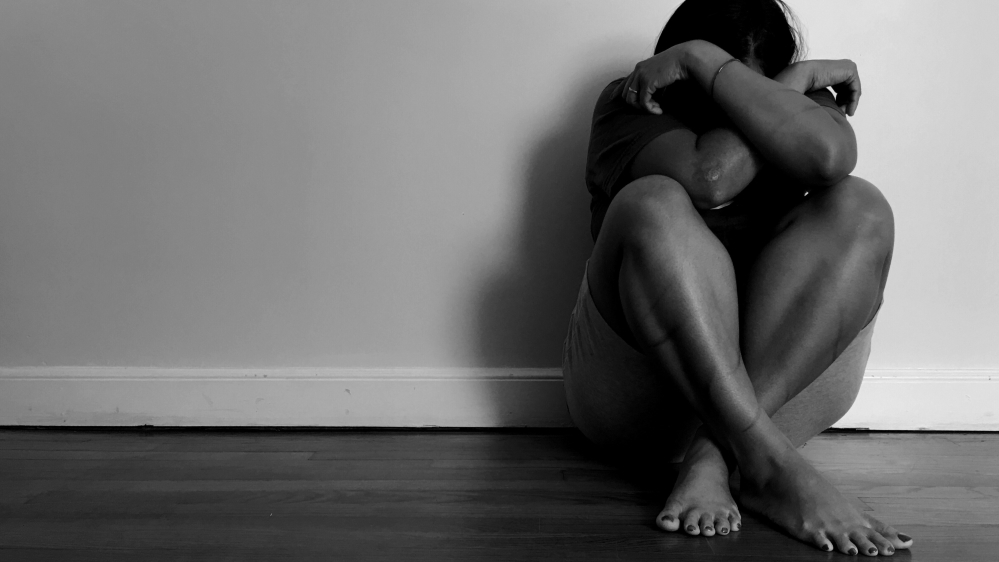Women's Rights & Issues
Related: About this forumStop handing get-out-of-jail-free cards to abusive men
Stop handing get-out-of-jail-free cards to abusive men
In the United Kingdom, Domestic Violence Perpetrator Programmes prescribed as an alternative to criminal sanctions are achieving little other than allowing abusers avoid prison.
Julie Bindel
Journalist, author and feminist campaigner
Published On 20 Jul 202220 Jul 2022
 ?resize=770%2C513
?resize=770%2C513
Domestic Violence Perpetrator Programmes (DVPPs) may have certain uses in the fight to end male violence, but only if they come hand in hand with effective prosecutions and criminal sanctions, writes Bindel [Getty Images]
In 1980, American feminist and social activist Ellen Pence founded a new programme aimed at protecting women from domestic violence in Duluth, Minnesota named the Domestic Abuse Intervention Project (DAIP). Based on an inter-agency approach in which police, probation services, courts, social services and women’s advocacy projects work together to try and protect victims from ongoing abuse by rehabilitating perpetrators, it soon became the blueprint for addressing domestic violence across the United States. In a matter of just a few years, similar initiatives, which came to be known as Domestic Violence Perpetrator Programmes (DVPP), also emerged and became the leading method of addressing domestic violence in the United Kingdom. Today, most domestic abusers in the UK are being given the option of attending DVPPs rather than being processed through the criminal justice system.
Advocates of these programmes argue that since many perpetrators are not even reported to the police let alone brought to the dock and sentenced, these initiatives help hold more violent men to account for their actions and keep more women safe. Furthermore, they insist that these programmes are not in any way replacements for criminal justice sanctions. After talking to victims, probation officers and even people running DVPPs, however, I am convinced that more often than not these programmes achieve very little other than helping violent men avoid spending time in prison.
. . .
. . . . . .
Many women who have experienced domestic abuse refuse to endorse such programmes, which often serve as get-out-of-jail-free cards for their abusers. They are appalled at the idea of perpetrators of domestic abuse receiving “treatment” and “counselling” for their criminal acts rather than serving time in prison. Nevertheless, those who support such programmes are convinced that this is the perfect solution to addressing male violence. It seems that they believe, in the absence of a criminal justice system that is capable of efficiently holding abusers to account and protecting victims, it is right to focus all efforts and resources on trying to rehabilitate perpetrators.
. . . . .
Only prosecutions and sanctions can deter violent men and truly protect victims. Authorities in the UK, however, are failing women who survive male violence. Rates of reporting domestic abuse to the police are increasing but only a third of these reports are ending in an arrest. Meanwhile, the number of referrals from the police to the prosecution services for charging are declining. Public bodies are increasingly passing on the responsibility of dealing with domestic violence and preventing future abuse to DVPPs to the detriment of victims. DVPPs may have certain uses and advantages, but only if they come hand in hand with effective prosecutions and criminal sanctions. If authorities are serious about addressing male violence, they should stop handing get-out-of-jail-free cards to perpetrators only because it is convenient.
. . . .
https://www.aljazeera.com/opinions/2022/7/20/stop-handing-get-out-of-jail-free-cards-to-abusive-men
mopinko
(73,238 posts)make a 2nd strike penalty double what would be ordinary.
see how that works.
niyad
(129,183 posts)when are ppl gonna wise up and realize grey haired ladies have ALL.THE.ANSWERS?
just ask us. we've been waiting.